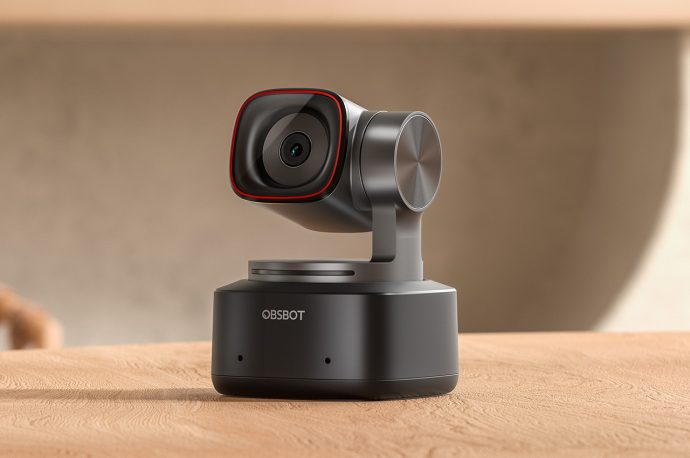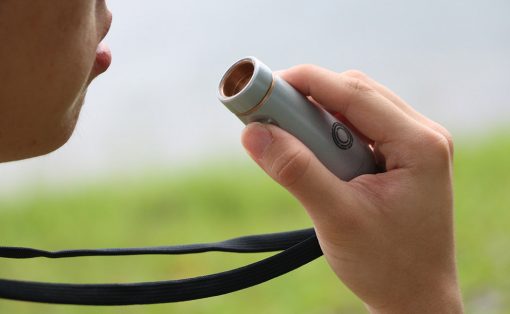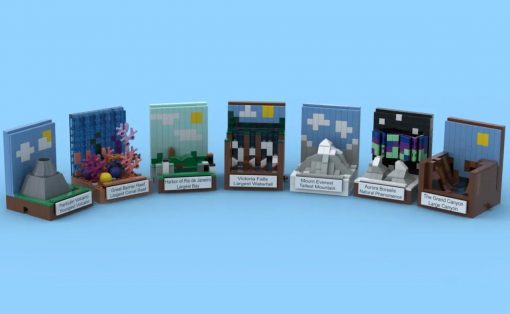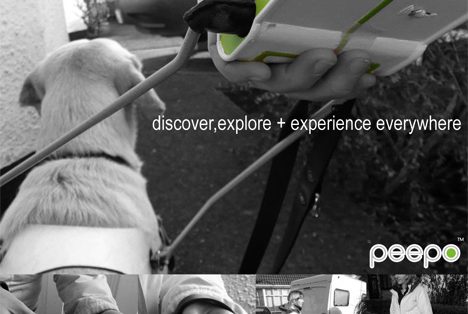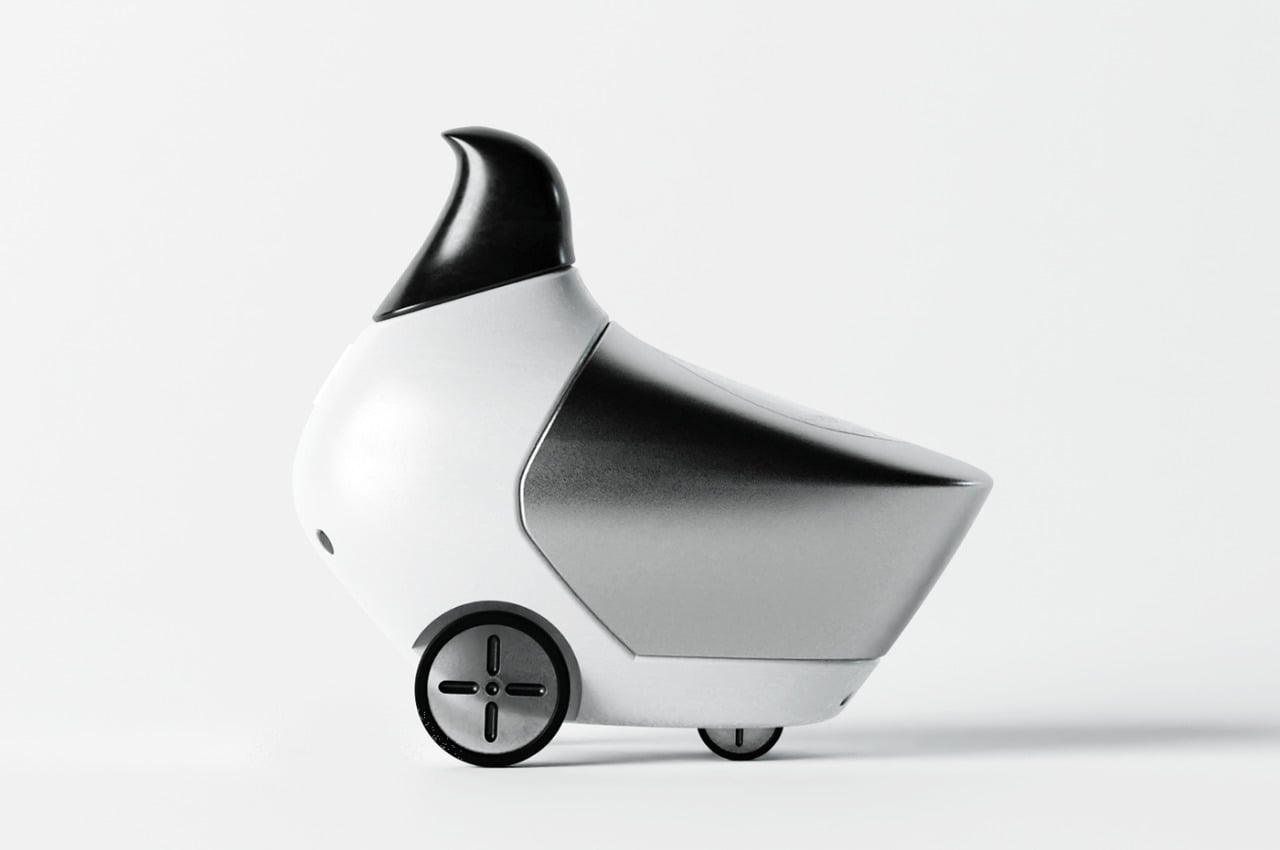
In the rapidly evolving landscape of smart cities, the integration of technology into everyday life is becoming increasingly prevalent. One innovative solution to the challenges of urban waste management is “Qua” – a system of smart baskets designed to change the paradigm of garbage collection through a bio-inspired and playful approach to social robotics.
Designer: Luca Fiorentino
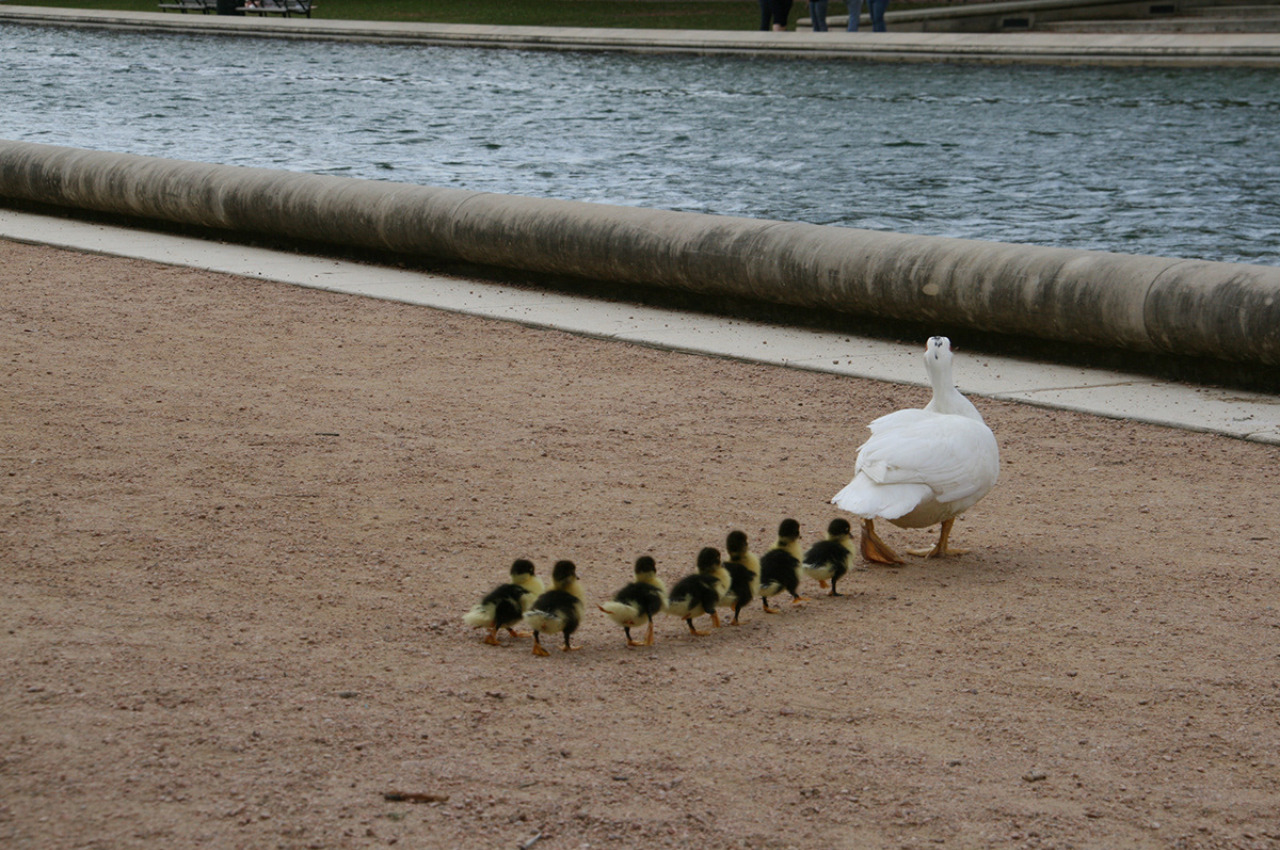
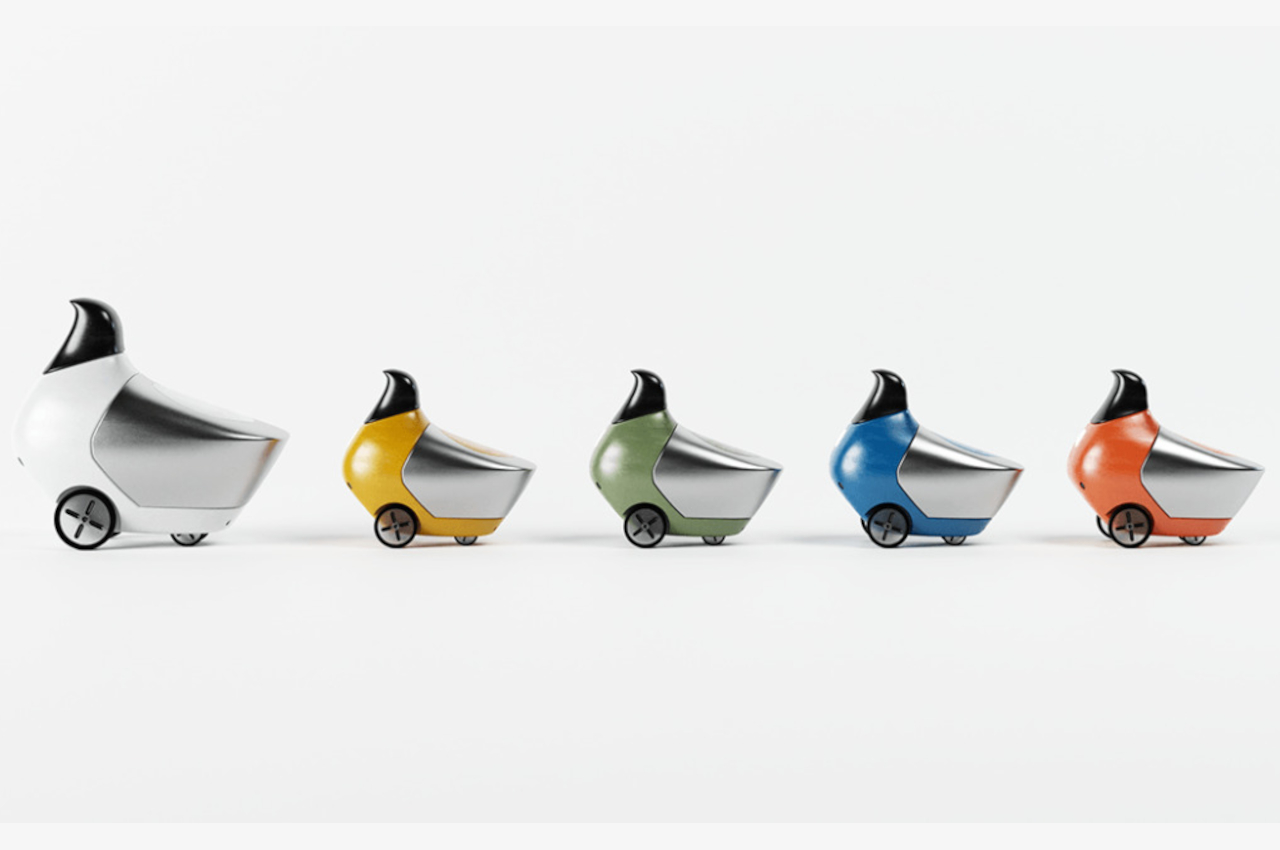
The creators of Qua have recognized the importance of seamlessly integrating robots into daily life. Unlike traditional robotic designs that may feel intimidating or too ‘robotic,’ Qua takes a different approach by drawing inspiration from nature, particularly the graceful and iconic single-file line movement of ducks. This design philosophy aims to make these robots a familiar and affable presence in urban environments, fostering acceptance and reducing the perceived intrusion of technology.
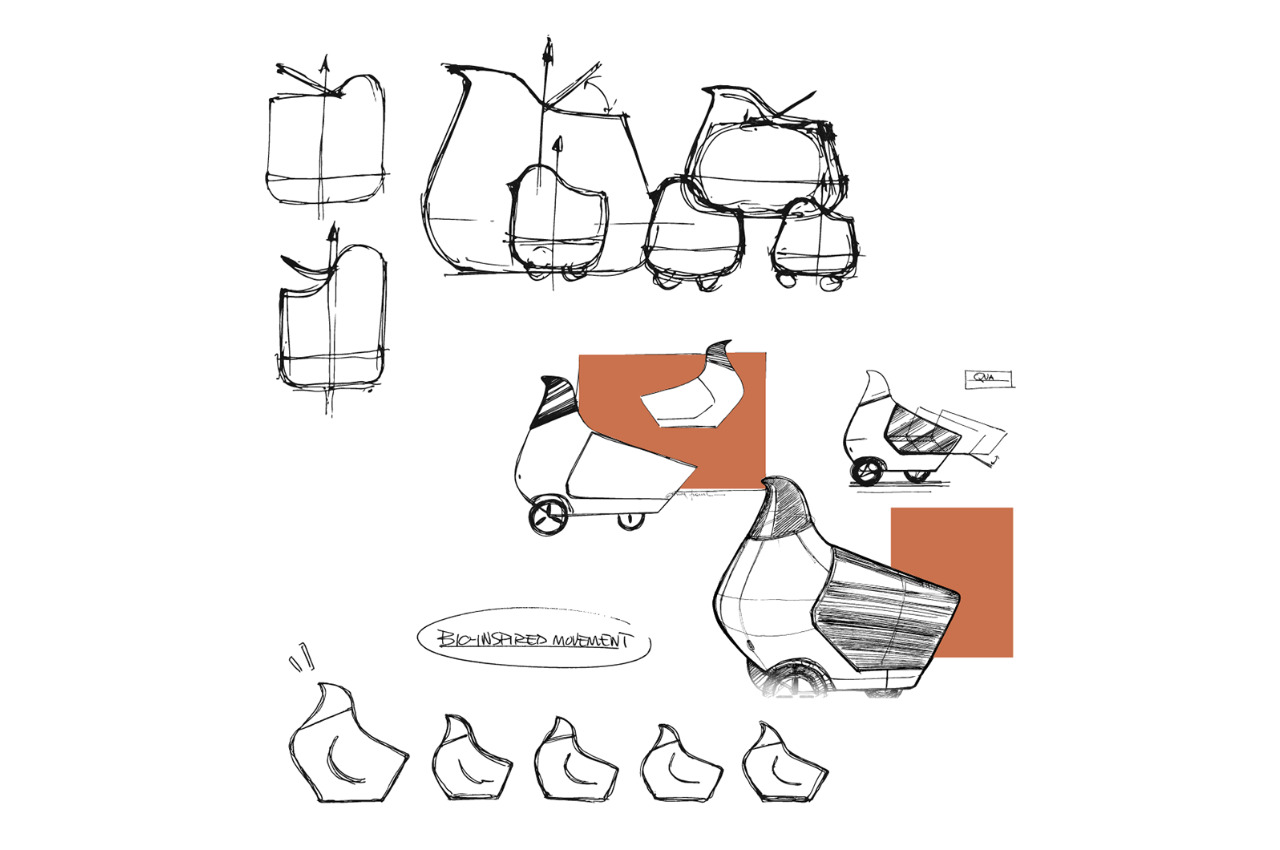
At its core, Qua is a system of autonomous waste collection baskets designed to move independently throughout the city. The baskets are equipped with sensors and artificial intelligence that allow them to recognize when a user needs to dispose of waste. Instead of requiring users to seek out a designated waste bin, it takes a proactive approach by approaching users when it detects the need for disposal.
The functionality of the robot extends beyond its bio-inspired design. Once it identifies a user ready to dispose of waste, it autonomously navigates towards them, streamlining the waste disposal process. After facilitating the user in discarding their waste, Qua then autonomously returns to a designated charging hub responsible for waste disposal.
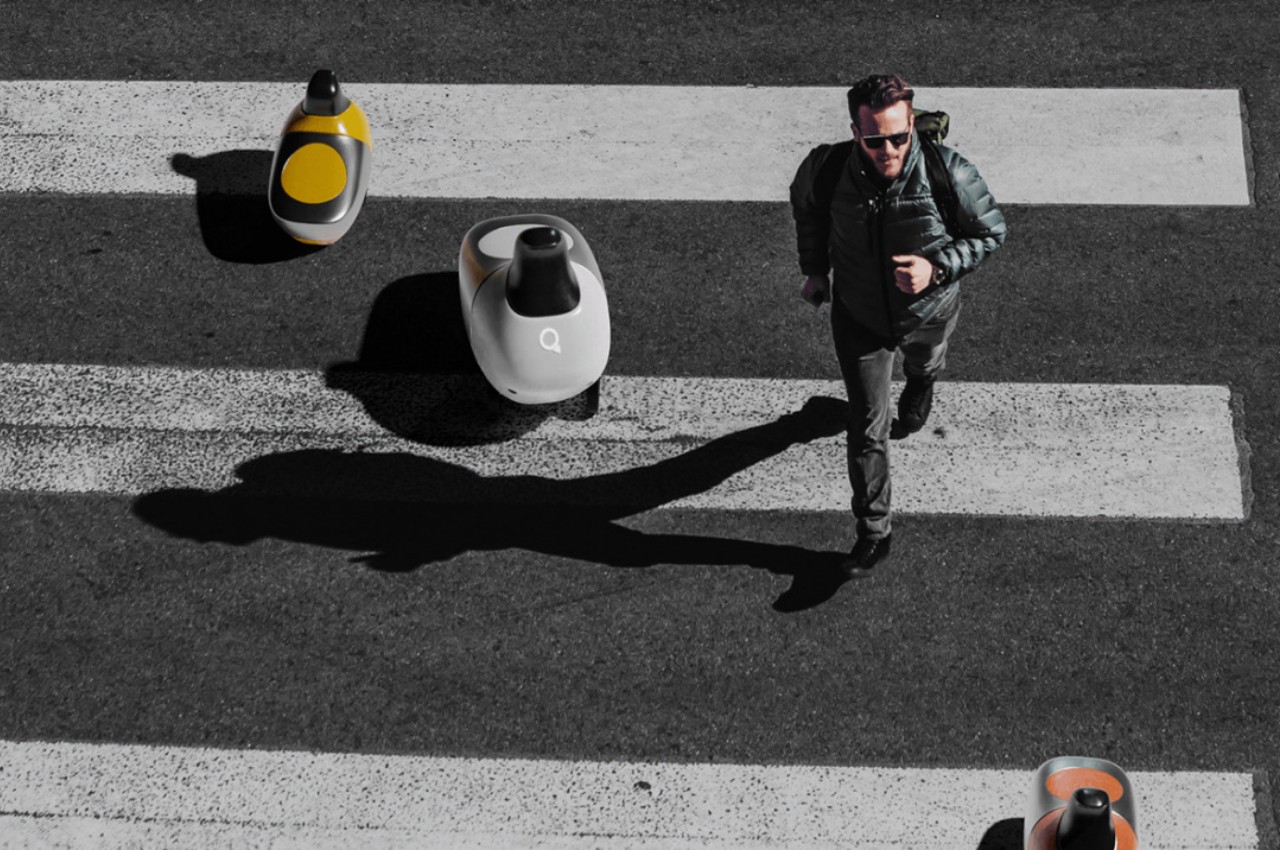
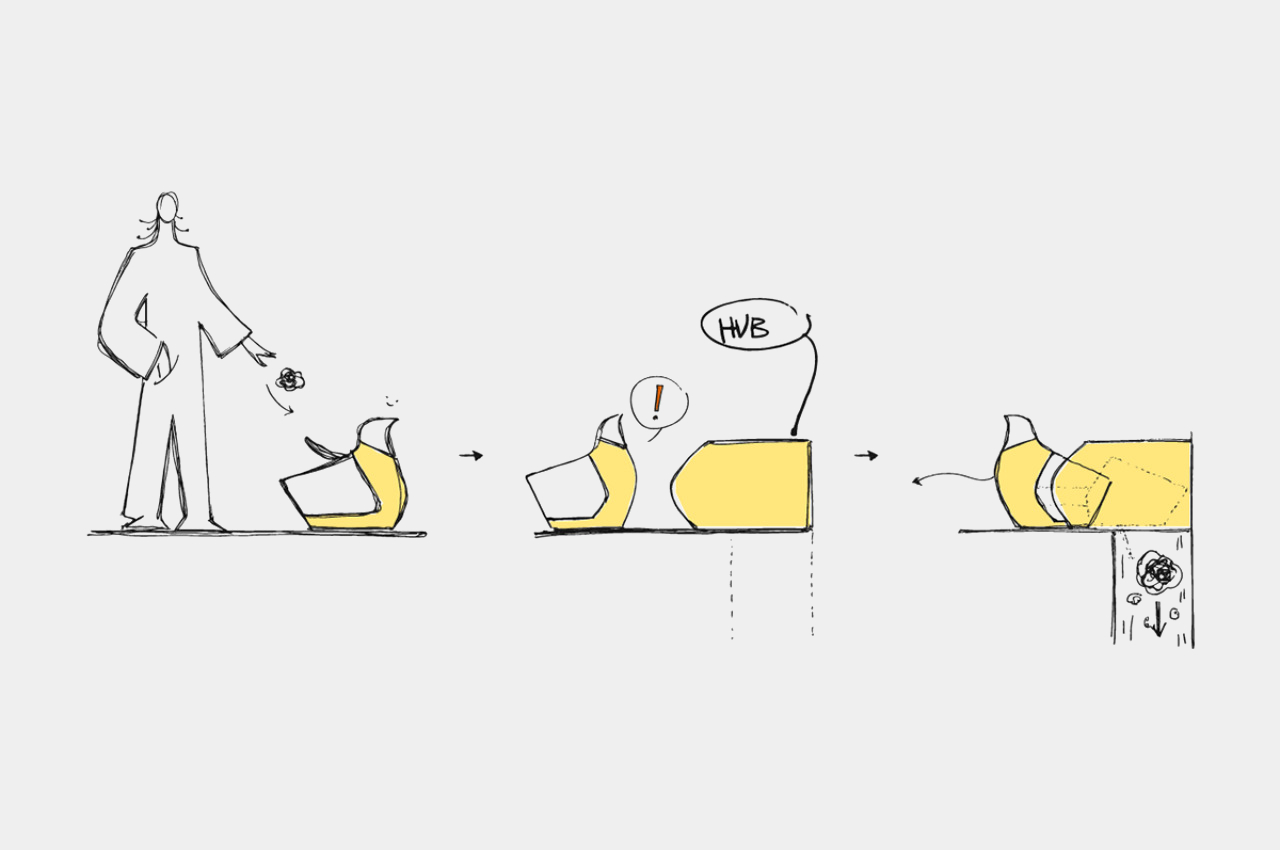
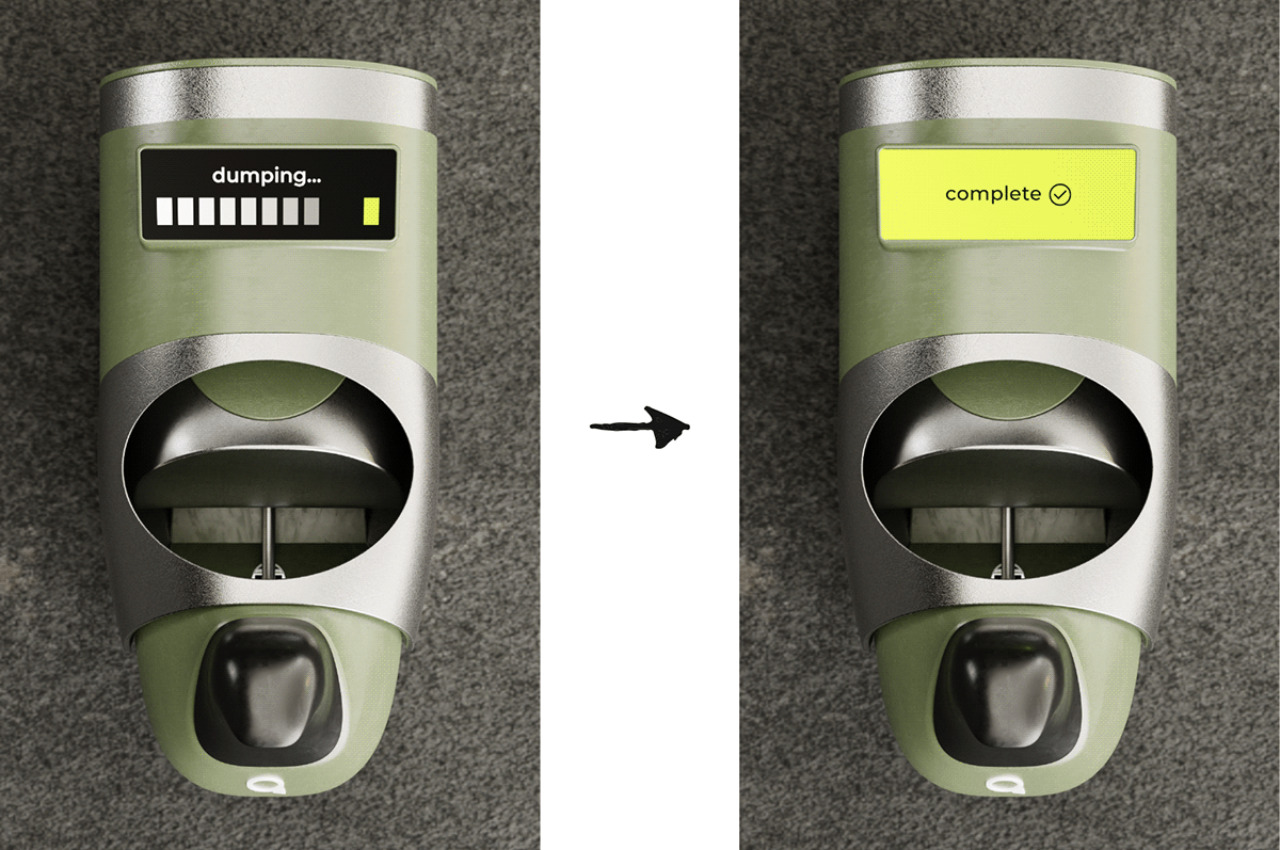
One of the key advantages of these robots is their potential to address the issue of littering, particularly among individuals who may be less inclined to walk the extra mile to find a waste bin. By bringing waste collection directly to the user, it offers a convenient and accessible solution to urban waste management. This is particularly beneficial in encouraging responsible waste disposal practices and minimizing littering in public spaces.
However, it’s essential to consider the potential downside of such technology. As noted, Qua could inadvertently cater to the convenience of those who are lazy or unwilling to make the effort to dispose of waste properly. It is definitely serving the larger purpose for society but it raises important questions about the role of technology in shaping behaviors and the need for a balance between convenience and responsibility.
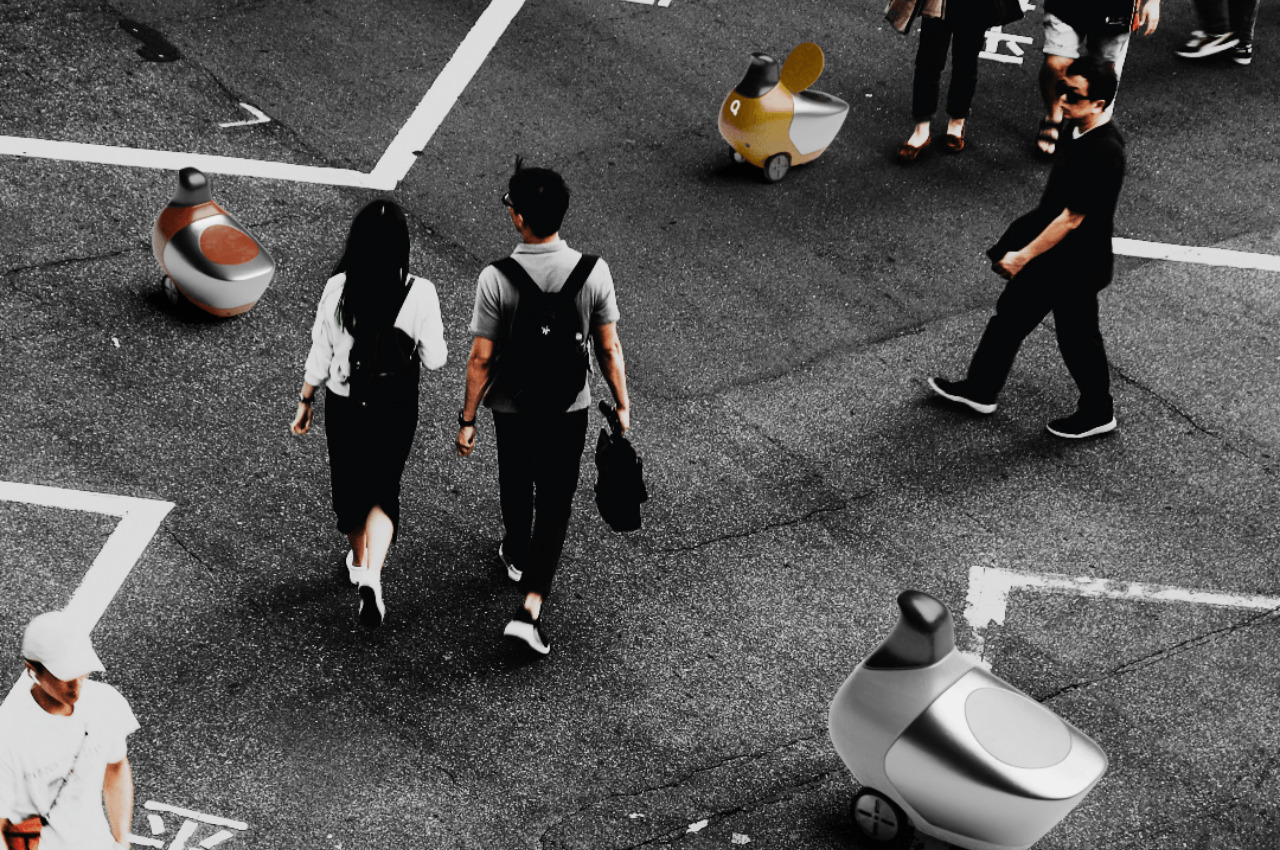
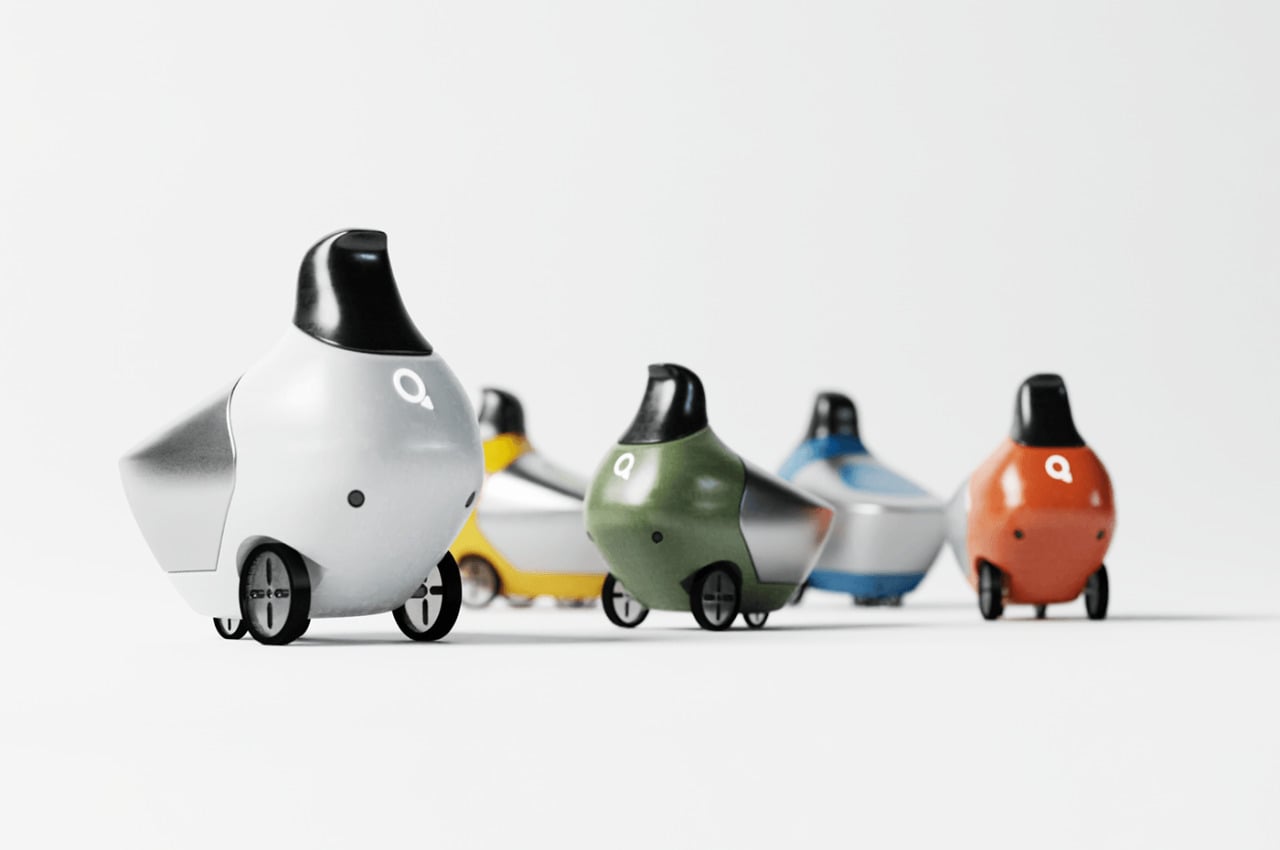
Having said that, Qua represents a groundbreaking approach to waste management in smart cities. By combining bio-inspired design with advanced robotics, Qua aims to redefine the relationship between technology and urban living. As with any technological advancement, it’s crucial to consider the societal implications and strive for a balance that promotes convenience without compromising responsible behavior. The future of waste management may indeed be shaped by innovations like these robots, where technology not only serves a functional purpose but also harmoniously integrates with the natural flow of city life.


